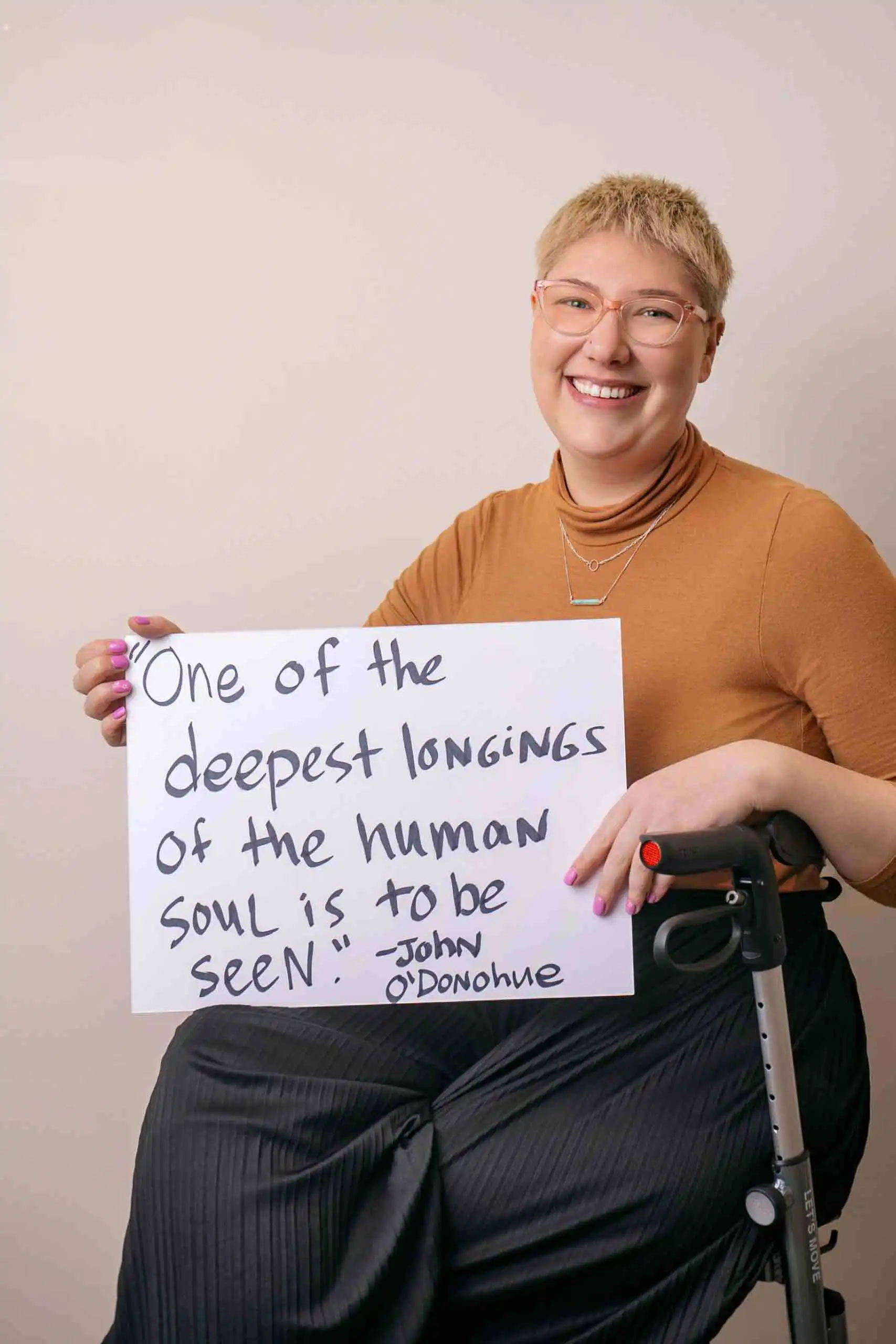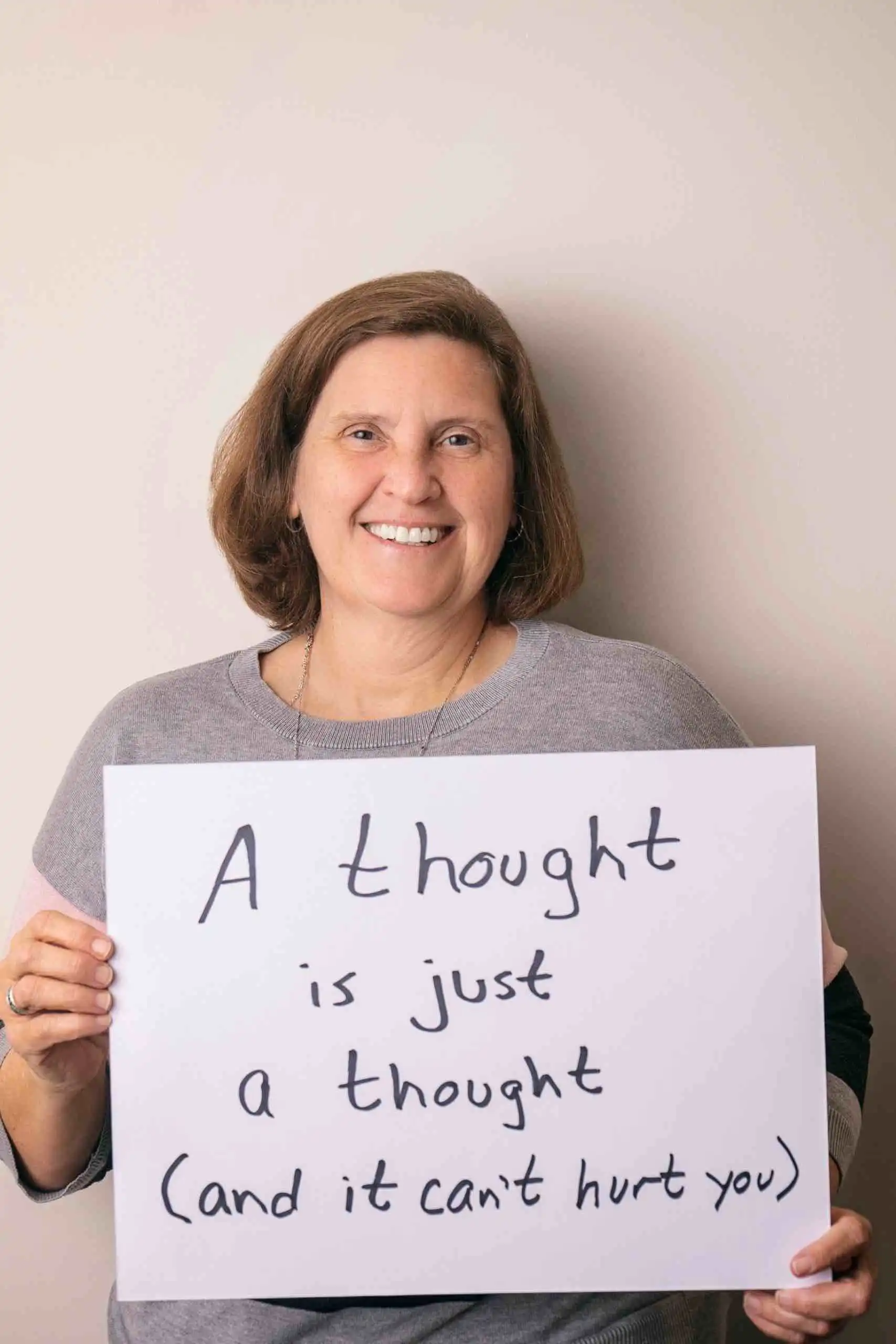PHILOSOPHY


Growth looks different for everyone
ONE SIZE DOES NOT FIT ALL
At Frog Point, we strive to embody our true sense of what it means to “meet our clients where they’re at.” Life is ever-changing and we are ever-adapting to meet the demands of our day-to-day experiences. It follows that the process of therapy should be as dynamic as we want our clients to be. Sometimes, clients need wide open space to process difficult internal experiences verbally with a skilled listener. Other times,, we need a mirror held back up to us in order to see parts of ourselves that we’ve been avoiding. Sometimes, we need a coach and sometimes we need a fellow human to relate to; sometimes we don’t know what we need and our therapist is there to see us in our suffering in ways no one else can. We believe that it’s our client’s responsibility to do the work, but it’s our job to be an expert in the process of therapy.
While no singular theory of human development holds the key to unlocking the mysteries of growth across the lifespan, culture–psychological, spiritual, regional, and familial culture–is the one constant that explains the most variation in how people experience their inner and outer world. Our primary focus as FPT therapists is on understanding your ontology (what you know) and your epistemology (how you know what you know) to get inside your world with you–to see it from your vantage point and help you sort through the knots, heal parts that are in pain, push past thresholds, take risks, discover new landscapes within yourself and ultimately evolve into a fuller version of who you are. We scan your inner and outer world for “frog points” of change and help you work towards those turning points in your development. The expert ability to help you find these frog points is what we believe qualifies as “good therapy” and is our standard of practice at FPT.


You already hold what you need to become
TRANSFORMATION, NOT OBLITERATION
In times of desperation there can sometimes be a desire to “burn it all down” and start over from scratch. We believe that it is transformation—not obliteration—that can be a bridge into the next upshift in our development. Pain, sorrow, avoidance, discomfort, anger, and despair are wise teachers. In order to get unstuck, the only way out is through these uncomfortable feelings. Going around them traps us in a hamster wheel that only leads to unending cycles of more pain, sorrow, and despair. Development is a process of thesis, antithesis, and synthesis. The essence of growth is the transformation of old parts into new ones–we need everything that we are today in order to grow into what we will become tomorrow.


Therapy rooted in humanity, not hierarchy
REHUMANIZING MENTAL HEALTH TREATMENT
Frog Point Therapy endeavors to be leaders of change in mental health treatment by evolving old postures of the stereotypical, sterile therapeutic relationship of the early 20th century and instead, adopting deeply human posture with our clients. Relationships are sacred in that they allow us to both see ourselves and be seen. In order to truly connect and cultivate transformation, an authentic, intimate, and clear therapeutic relationship is the ‘sine qua non’ of successful therapy.
But good therapy isn’t just about liking your therapist because you can relate to them–it also means your therapist holding difficult boundaries, confronting, being radically honest, and saying or doing hard things with our clients. It means artfully and expertly weaving in and out of the many different–and unique–roles that a great therapist needs to play in order to facilitate change. FPT seeks to lead the charge in changing the traditional one-sided relationship between client and therapist and proliferate a culture shift in the industry of mental health–to become full versions of our therapist selves as we help our client become full versions of their highest selves. Because the most meaningful therapeutic experiences leave both parties–client and therapist–indelibly transformed and deeply humanized.
"Working with Dr. Barimany has been one of the most meaningful experiences of my life. With patience, humor, and grace she has helped me realize patterns of thought and behavior that were no longer serving me. All the while, Dr. Barimany has shared mindful skills and encouraged awareness of my inner state. With practice, I have used the skills she¹s taught to deal with novel situations and developed a richer understanding of the world inside my head. Years later, Dr. Barimany still helps me make subtle shifts in my perspective that provide insight and ease. I could not be more grateful to have found her!"
HOW LONG WILL I BE IN THERAPY?
People have different attitudes and needs around therapy. Treatment lengths can be as short as one session, three months, or three years and increase in length from there. Some people view therapy as a permanent fixture in their life–not because they never “get better,” but because some find great value in having a constant, impartial support figure in their life.
The relationship you develop with your therapist is unique and special. As long as it does not become co-dependent, you may find that you want to maintain that relationship indefinitely. For most clients, a therapist’s goal is to work themselves out of a job, so progress and treatment length is periodically discussed to ensure that clients get the most appropriate care possible.
HOW OFTEN SHOULD I MEET WITH MY THERAPIST?
Session frequency has a lot to do with how long your treatment lasts. As a rule of thumb, the more often you come to therapy, the faster things move because intensity increases with frequency. However, there may be financial and energetic constraints on how often a person can see their therapist. Most people start out at one session per week. It is advisable to discuss this with your therapist at the outset of treatment in order to collaborate on a recommendation for session frequency depending on your needs and goals.
HOW WILL I KNOW IF IT IS “WORKING”?
One thing that clients consistently report is that the process of change is much more subtle and takes much longer than expected. Progress depends on many factors, such as client readiness, physical wellness, environmental stressors, frequency of sessions, and client-therapist match.
At the outset of your therapeutic experience, clients and therapists will work collaboratively to establish goals and indicators that goals are being achieved. One question to help define those benchmarks is, “How will we know when you have been able to successfully _________?” FPT therapists make it imperative to check in quarterly about goals and progress so that the process of therapy can grow and change along with you.
Overall, it can be hard to pinpoint whether therapy is “working” or not, but there are indicators of change we can observe. We look for instances when clients respond to old situations in new ways, when they are able to see things from a wider angle and know themselves in a way they didn’t before, and for symptom relief or a general sense of “feeling better.” We also look for improvements in performance at work or school, stronger, more intimate and healthier relationships, greater physical wellness, and achievement of developmental and individual life goals.
IS THERE A DIFFERENCE BETWEEN THERAPY AND COUNSELING? AND WHAT'S THE DIFFERENCE BETWEEN PSYCHIATRY AND PSYCHOLOGY?
There are slight differences between both sets of terms and much variety around how the terms are used colloquially and academically. In mental health, “therapy” is the more traditional referent for any psychological treatment and is an umbrella term that encompasses a variety of approaches, including counseling, psychology, and psychiatry. Counseling is a specific kind of approach that tends to be rooted in a wellness-focused treatment model rather than a pathologizing one. Licensed counselors can diagnose, do research, and provide mental health treatment.
Psychiatry and psychology again are similar in that they both pertain to the treatment of the mind, but psychology is an umbrella term that encompasses many disciplines such as neuropsychology, clinical, social, and developmental psychology. Those licensed as psychologists can specialize in testing and assessment, research, or clinical treatment. Psychiatry is organized around the medical model and uses psychotropic medications as the primary intervention strategy. Psychiatrists are medical professionals who have completed medical school and have a license to prescribe medication.

